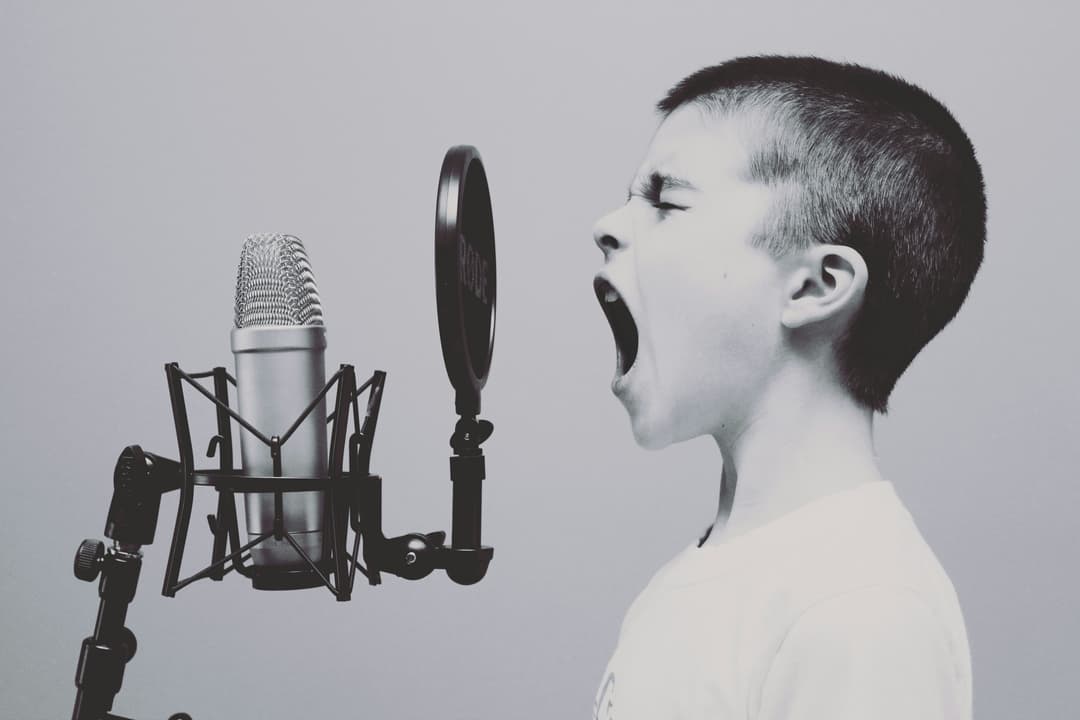Mastering Relative Pitch - A Comprehensive Guide for Musicians

July 2, 2024
Developing relative pitch is a crucial skill for any musician, enhancing the ability to identify the distance (interval) between notes by ear. This skill improves tuning, ensemble playing, and the ability to learn songs by ear. In this guide, we'll explore effective strategies and exercises to develop your relative pitch, alongside the best training programs and techniques that can accelerate your learning process.
Fundamental Exercises for Developing Relative Pitch
Exercises for Developing Relative Pitch
The journey to developing relative pitch starts with basic exercises that train your ear to recognize and name intervals. Start by practicing with simple intervals, like perfect fifths and octaves, and gradually introduce more challenging ones. Tools like piano keyboards or mobile apps can provide immediate feedback and help solidify your learning. Singing intervals using solfege syllables (do, re, mi, etc.) is another powerful technique that involves active participation from your auditory and vocal systems, reinforcing your memory.
Training Programs for Relative Pitch
Several structured training programs are designed to systematically improve your relative pitch. Programs like EarMaster or the Berklee College of Music’s online courses offer comprehensive curriculum that covers a wide range of exercises from beginner to advanced levels. These programs typically include daily practice routines that gradually increase in complexity and help you internalize each concept thoroughly.
Techniques to Improve Musical Ear
Consistent daily practice is key to developing any skill, and relative pitch is no exception. Include varied exercises in your routine, such as identifying the intervals in your favorite songs or playing callandresponse games with a partner. Utilizing different contexts and musical styles can also help enhance your adaptability and deepen your understanding of how intervals manifest in music.
Relative Pitch Training Courses
To accelerate your learning curve, consider enrolling in relative pitch training courses. These courses, often available both online and inperson, provide structured learning and personalized feedback from experienced instructors. They also offer opportunities to practice with other students, which can be highly motivating and enriching.
Developing relative pitch is a rewarding endeavor that opens up a new dimension of musicianship. With the right exercises, training programs, and a commitment to regular practice, anyone can improve their musical ear significantly.
What is relative pitch?
Relative pitch is the ability to determine the pitch of a note or sound in relation to other notes heard, without needing a reference pitch.
How can I develop relative pitch effectively?
Effectively developing relative pitch requires consistent practice with interval recognition, using tools and structured programs to guide your learning.
What exercises help improve relative pitch?
Exercises that involve identifying intervals, replicating melodies, and using singing techniques like solfege are particularly effective.
How long does it take to develop relative pitch?
The time it takes can vary widely among individuals, but with daily practice, noticeable improvements are often seen within a few months.
Can anyone learn to have relative pitch?
Yes, with proper training and practice, most people can develop a good sense of relative pitch.
By following this guide and incorporating these techniques into your practice, you'll be well on your way to developing a keen musical ear that will enhance all aspects of your musicmaking.

